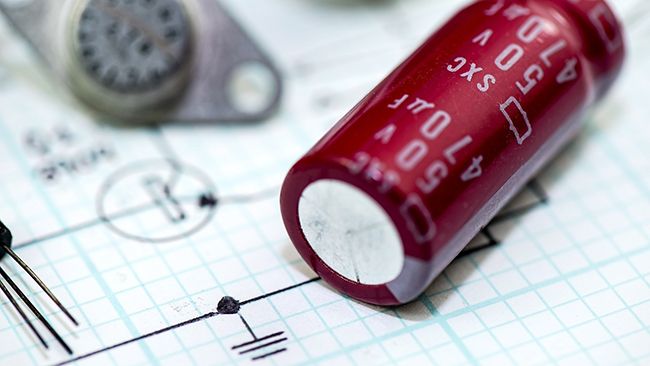The Basic Principle of Generator Capacitor

First of all, what is the Capacitor?
A general capacitor is an integral part of a generator that regulates power flow, giving clean and reliable energy. A capacitor is required to excite the Alternator windings to reduce voltage surges. It works similarly to a battery that racks up electric charge when connected to a power source.
The capacitor has two closed conductors separated by an insulator, one plate accelerating positive charge while the other plate accumulates negative charge. Depending on the generator need at a given time, the capacitor will supply the necessary power for the generator to function effectively.
Advantages of a Generator Capacitor
- The energy gets charged efficiently - charging is relatively hassle free
- Improves the power factor - more stable power grids transmission capacity
- Long service life with minimal maintenance - getting your money’s worth in terms of reliability and usage
- Charge and discharge quickly - as against batteries that tend to lose their capacity to hold a charge due to chemicals that undergo reactions
Disadvantages of a General Capacitor
- Low energy capacity compared to batteries
- It has limited energy storage as per dollar spent
- The stored energy will get drained eventually due to external losses
Some of these disadvantages are currently undergoing studies and will be resolved sooner rather than later, thus making capacitors more reliable and effective to use.
Overview
In layman’s terms, the basic principle of the capacitor is the ability to store electrical energy by storing charge across their plates. It is generally used together with the inductor to release the right amount of energy depending on the power needed at a particular time, in an economical way.
For more information about generator capacitors or any related questions, contact us or give our sales team a call on 1300 MAC GEN (622 436).

